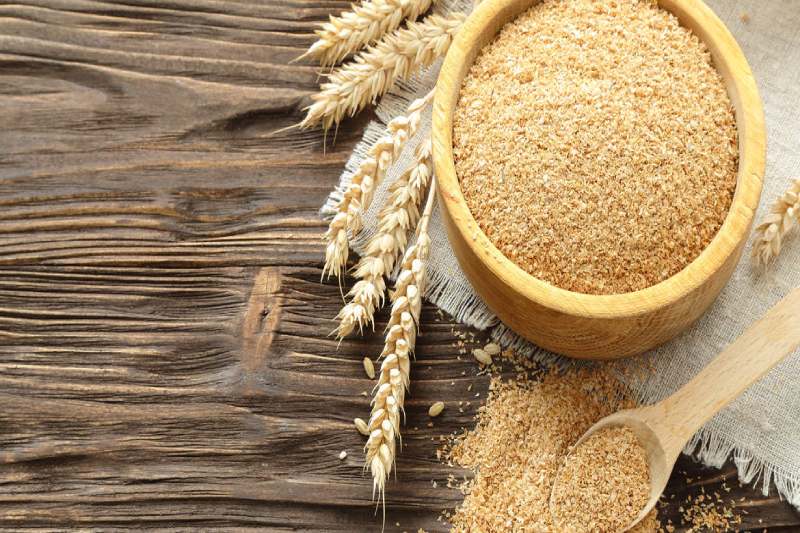What is Bran? Here’s why Dietitians Recommend Eating More

One of the words you could hear in the cereal section is “bran.” Fiber One or Raisin Bran for breakfast, anyone?
However, you might not quite understand what it means or the rationale behind medical professionals’ recommendations to increase its intake.
According to certified dietitian Miranda Galati, “the main benefit of bran is that it’s loaded with fiber, which is great for your digestion, colon health, and heart.”
What is bran, exactly? Here are some things nutritionists want you to know about diets and how they can help you eat better overall.
What is Bran?
According to the Mayo Clinic, bran is the grain’s hard outer shell and is packed full of healthy vitamins and minerals. Whereas refined grains, such those used to make white breads or cakes, usually remove the bran, whole grains retain it.
“Eat more bran by adding a scoop of (bran-based cereal) to your favorite cereal, or bake with it in muffins and oat bars,” Galati advises.
Is Bran Identical to Wheat?
According to the Mayo Clinic, whole grains like wheat all include bran. Whole grains can also be found in popcorn, quinoa, rice, and oats.
Is Bran Healthy or Unhealthy?
Iron, fiber, vitamin A, vitamin E, and other B vitamins are among the nutrients found in bran. All of those are positive things, but experts point out that cereals without bran are not always unhealthy.
It is recommended by the United States Department of Agriculture (USDA) that you consume half of your daily grain intake as whole grains. Galati notes that although consuming more “minimally-processed grains” is beneficial, “it’s not necessary 100% of the time.”
According to a 2019 analysis of research published in Advances in Nutrition, there is “substantial body of published scientific evidence” supporting the recommendation to consume more whole grains, but there isn’t any supporting evidence for the claim that you should consume fewer refined grains.
Many times, correlation has been mistaken for causation, leading some people to believe refined grains cause a host of illnesses that aren’t really related to consuming a typical amount of them.
Put another way: Although white bread may provide less nutrients, it isn’t always the bad guy.
“It’s all about balance,” Galati adds. “Choose minimally refined grains most of the time but make sure to leave room for the fun stuff to make your diet sustainable.”